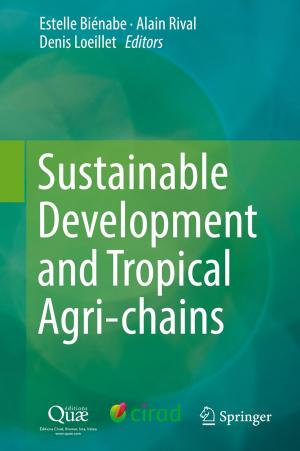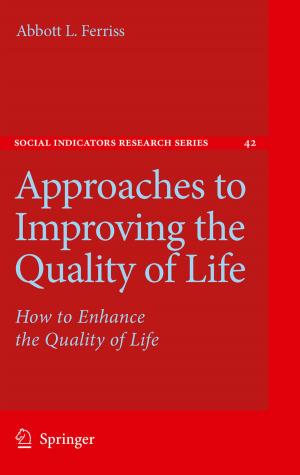Abiotic Stress Adaptation in Plants
Physiological, Molecular and Genomic Foundation
Nonfiction, Science & Nature, Science, Biological Sciences, Biochemistry, Botany| Author: | ISBN: | 9789048131129 | |
| Publisher: | Springer Netherlands | Publication: | December 12, 2009 |
| Imprint: | Springer | Language: | English |
| Author: | |
| ISBN: | 9789048131129 |
| Publisher: | Springer Netherlands |
| Publication: | December 12, 2009 |
| Imprint: | Springer |
| Language: | English |
Environmental insults such as extremes of temperature, extremes of water status as well as deteriorating soil conditions pose major threats to agriculture and food security. Employing contemporary tools and techniques from all branches of science, attempts are being made worldwide to understand how plants respond to abiotic stresses with the aim to help manipulate plant performance that will be better suited to withstand these stresses. This book on abiotic stress attempts to search for possible answers to several basic questions related to plant responses towards abiotic stresses. Presented in this book is a holistic view of the general principles of stress perception, signal transduction and regulation of gene expression. Further, chapters analyze not only model systems but extrapolate interpretations obtained from models to crops. Lastly, discusses how stress-tolerant crop or model plants have been or are being raised through plant breeding and genetic engineering approaches. Twenty three chapters, written by international authorities, integrate molecular details with overall plant structure and physiology, in a text-book style, including key references.
Environmental insults such as extremes of temperature, extremes of water status as well as deteriorating soil conditions pose major threats to agriculture and food security. Employing contemporary tools and techniques from all branches of science, attempts are being made worldwide to understand how plants respond to abiotic stresses with the aim to help manipulate plant performance that will be better suited to withstand these stresses. This book on abiotic stress attempts to search for possible answers to several basic questions related to plant responses towards abiotic stresses. Presented in this book is a holistic view of the general principles of stress perception, signal transduction and regulation of gene expression. Further, chapters analyze not only model systems but extrapolate interpretations obtained from models to crops. Lastly, discusses how stress-tolerant crop or model plants have been or are being raised through plant breeding and genetic engineering approaches. Twenty three chapters, written by international authorities, integrate molecular details with overall plant structure and physiology, in a text-book style, including key references.















